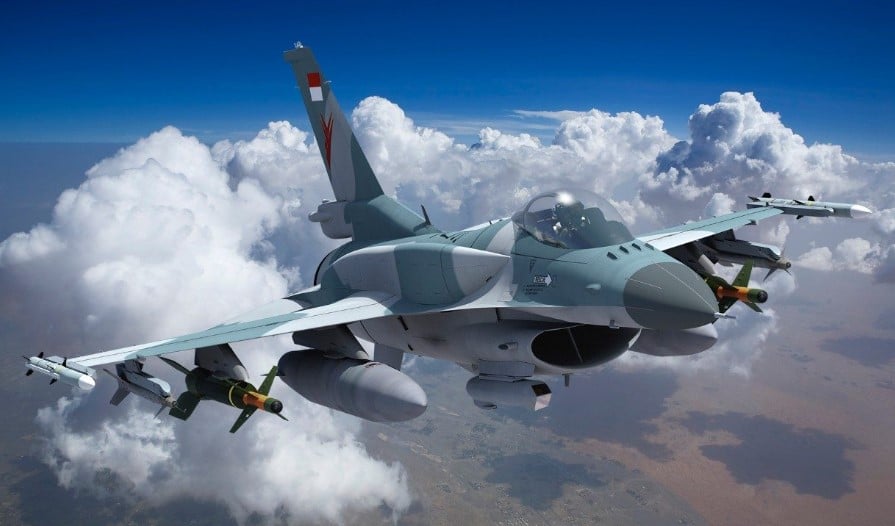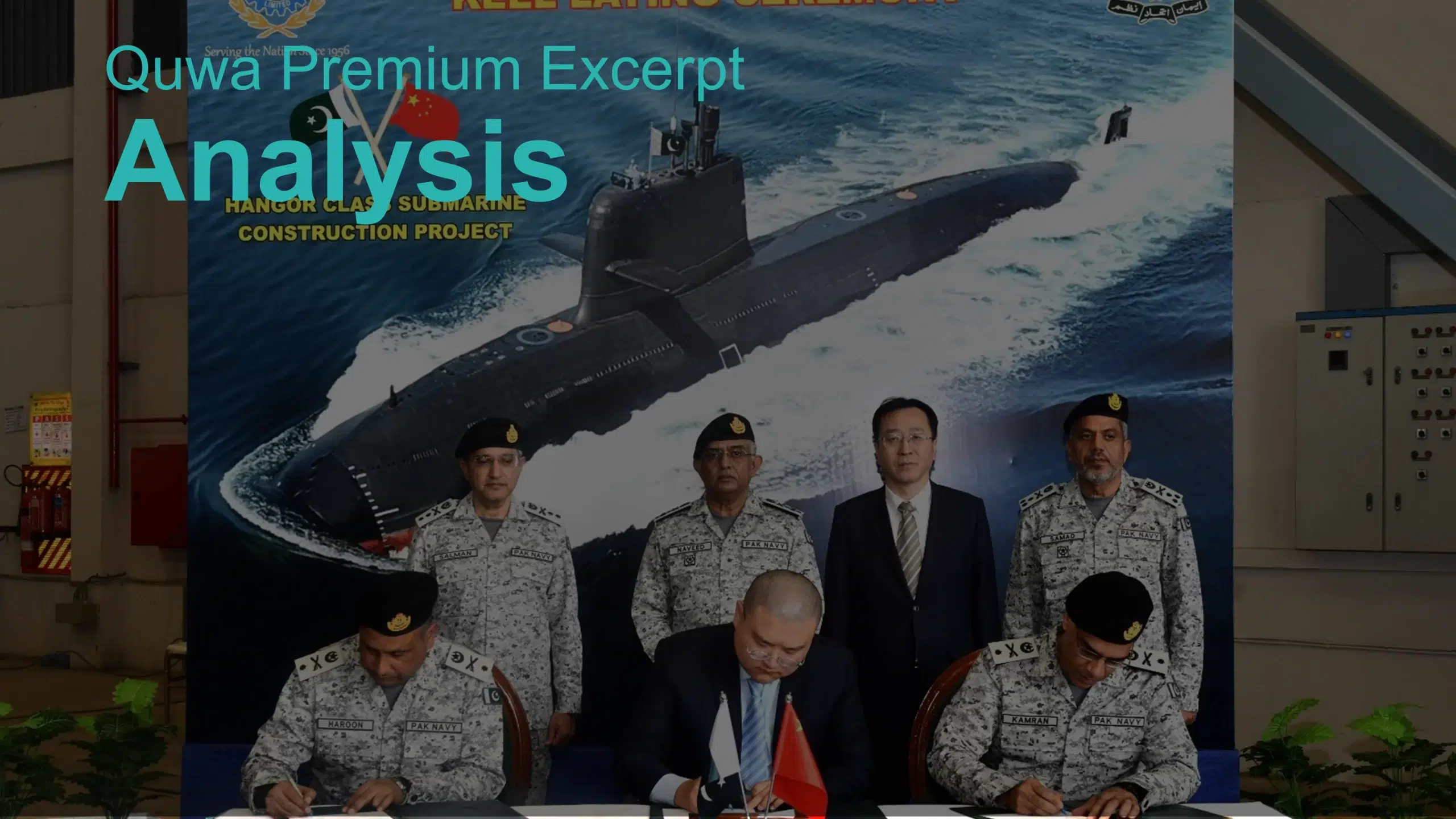The Indonesian Air Force (TNI-AU) is planning to acquire two squadrons of F-16C/D Block-72 fighters from Lockheed Martin under its strategic plan for 2020-2024.
The announcement was made by the TNI-AU’s Chief of Air Staff, Marshal Yuyu Sutisna, in a speech at the Roesmin Nurjadin Airbase in Pekanbaru on Monday, 28 October 2019.
“Insya Allah (God willing), we will buy two squadrons in the next strategic plan 2020-2024. We will purchase the newest type of Block 72 Viper,” said Marshal Yuyu Sutisna. “It (the contract) is expected to be processed as of January 1, 2020.”
According to Antara News, the TNI-AU currently operates 33 F-16s, 24 of which are the surplus Block-25 fighters it bought under the Excess Defence Articles (EDA) program in 2011.
The TNI-AU is reportedly still continuing with its plan to procure the Sukhoi Su-35 Flanker-E from Russia’s United Aircraft Corporation (UAC).
In February 2018, Indonesia signed a $1.14 billion US contract with UAC for 11 Su-35s. The deal included a substantial offset and countertrade commitment on Russia’s part.
Under the contract, Russia had promised to buy Indonesian commodities as well as invest in Indonesia’s aircraft maintenance, repair and overhaul (MRO) industry.
However, the program apparently went off-course due to the pressure Washington was exerting through its Countering America’s Adversaries Through Sanctions Act (CAATSA), which required US allies to refrain from procuring Russian equipment.
Turkey was ejected from the F-35 Lightning II program due to its purchase of the S-400 Triumf surface-to-air missile (SAM) system in January 2018.
Notes & Comments:
From a technical standpoint, the TNI-AU appears to be aiming to fill its medium-weight multi-role fleet via the F-16. It might potentially look at upgrading its existing F-16s to Block-70/72 standards through the F-16V program as well. In turn, it is looking to rely on the Su-35 for a heavyweight, long-range capability.
However, the TNI-AU is also looking to the long-term, namely through its participation in South Korea’s KFX next generation fighter program. If it inks an F-16 deal, it will be worth seeing how Indonesia balances the funding commitments of the F-16s and the KFX. Since it has had difficulty keeping up with payments for the KFX, adding the F-16 could potentially strain that commitment further.




